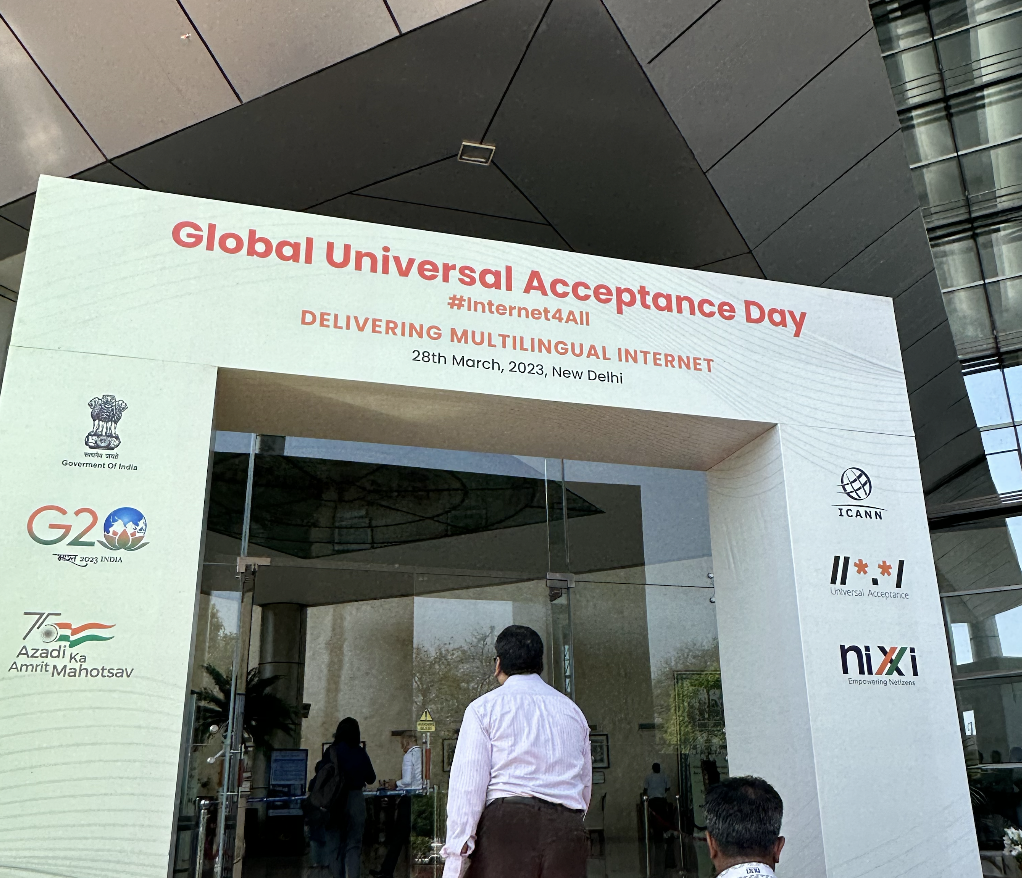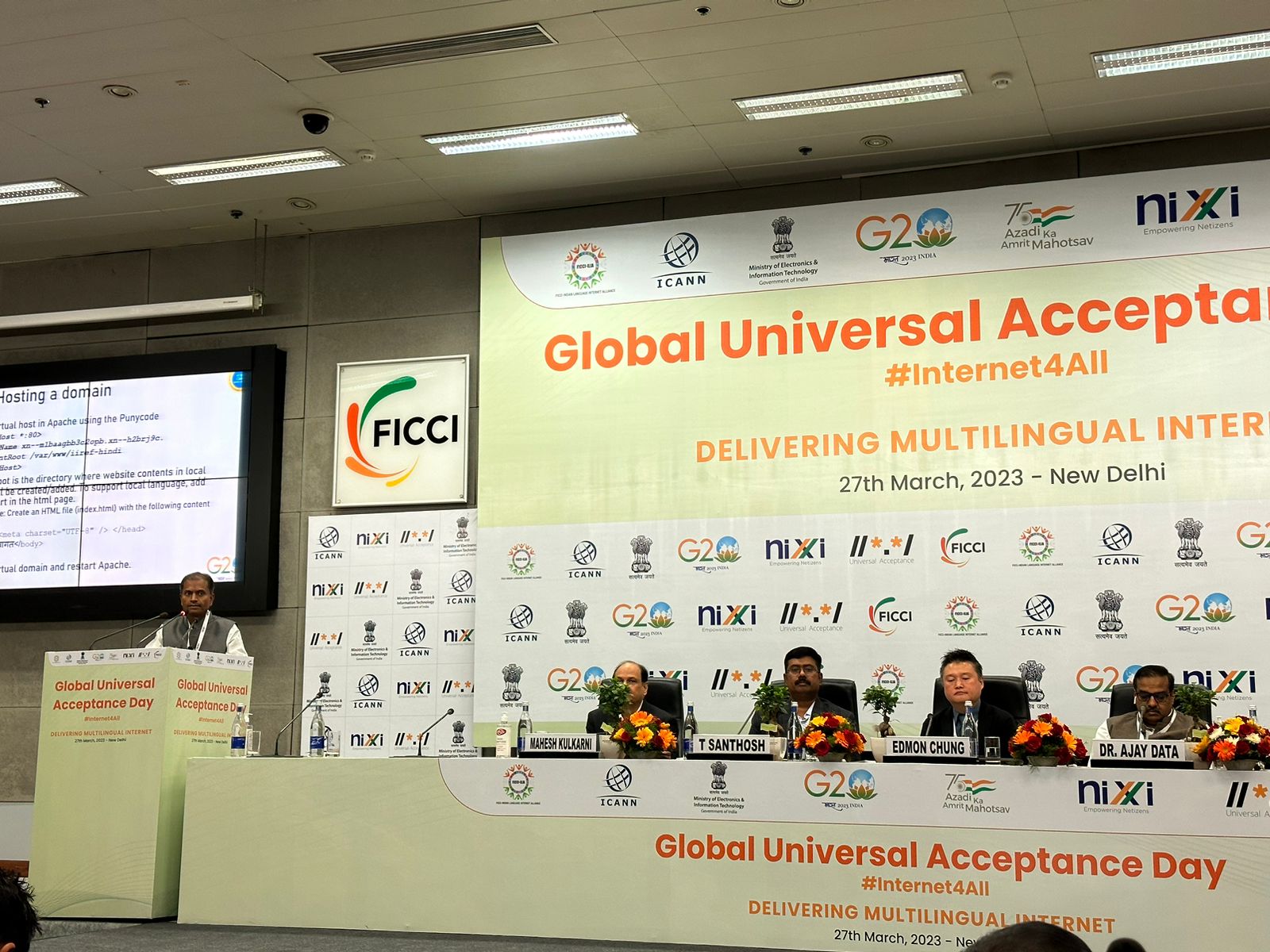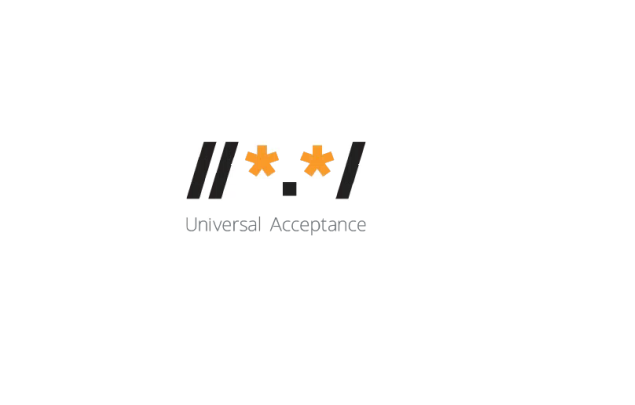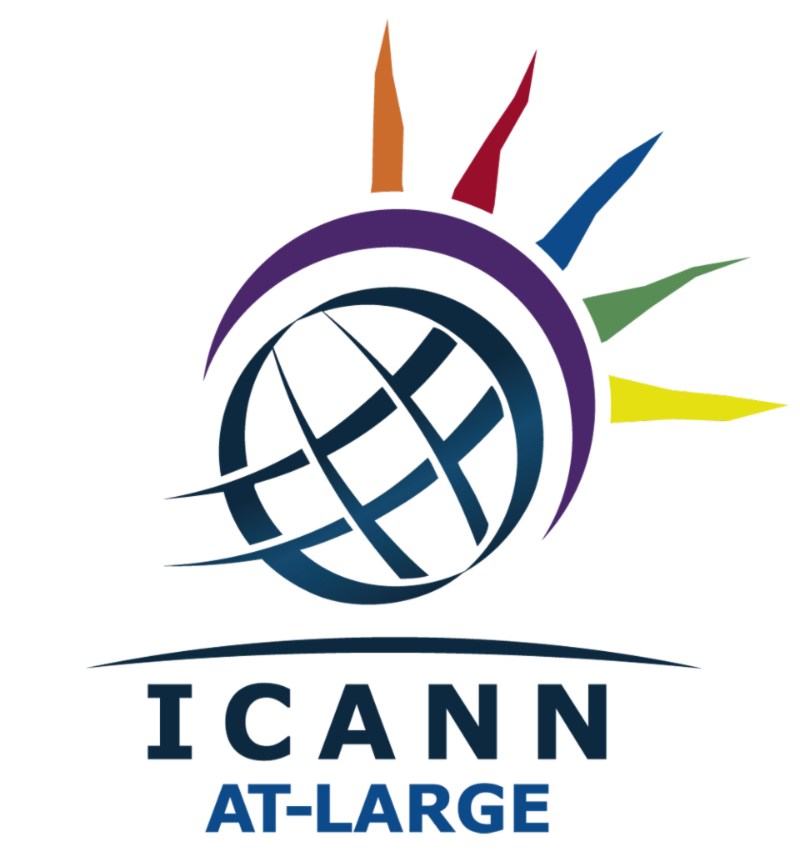NextGen participants gave 5-10 minute presentations on various topics of research they have completed, related to ICANN’s work, or websites they are affiliated with related to ICANN’s work, or thesis projects they are working on.
Participants were:-
Eileen Nay – Engendering the Internet
As the world looks to connect the “Next One Billion” of Internet users, there is a STRONG need to have
measures in place to reduce the widening digital gender gap. Let’s make the Internet more female-friendly, so women can attain agendas 3,4,5, 8,9,10,11 of the 2030 Global Sustainable Development Goals (SDGs). The Internet should NOT be a male domain. It focused on how the internet should be more female.
Adriko Innocent – Internet Access in Uganda
Civil Society Organizations should advocate for the respect for internet freedom by both government, service providers and individuals through increased awareness creation on internet freedom concerns. Service providers should challenge government requests that violate internet freedoms by being more transparent in their dealings with the government. There is a need to review laws that limit internet freedoms in Uganda and in their place provide for progressive laws that make it easy to use the internet securely and openly. The government should immediately enact the Data Protection and Privacy law taking into account submissions by stakeholders on vague, weak and regressive provisions. There is a need for increased investment in internet infrastructure and related platforms to ease access to information and affordable internet for citizens in Uganda.
Levy Syanseke – Internet for Education Opportunities in Zambia
Considering the Internet for education can meet both high school and tertiary education needs, the following can be done: Start with one community internet hub with a few facilitators to attend to the learners. Use hubs that work on 1 CPU for 3 monitors to reduce hardware costs.
Alternatively, produce videos of class lessons for YouTube or education website that students can access in line with the high school or primary curricula. Work with developers to consider local languages used on the websites. Engage ISPs and other stakeholders to help with Internet connectivity in schools for learning purposes. Internet for Education will work best if localized content is produced following the local curricula. For example, local language usage in website designing.
Vallarie Yiega – DIGITAL ECONOMY: Poverty alleviation in the grassroots
The internet world stats show that among the 1.3 billion Africans, 492 million are internet users, therefore, having an internet penetration of 37.3% In Kenya, there are 52.2 million in terms of the population yet there is a penetration of 83% of internet users.
The question is how can the internet economy be used for poverty alleviation in developing countries such as Kenya? Especially in the rural areas. Challenges faced :
Digital Awareness, Regulation (Statutes and Policies), Quality Control and Capital Support
Souad Abidi – Current situation of Algeria in cybersecurity
The Internet is more expensive in Algeria because of the scarcity of international bandwidth with a lower-speed Internet costing twice as much as in Tunisia, four times than in Morocco and twenty times that is in Canada. The delay of Algeria ICT is still considered as a marginalized sector in Algeria because they represent only 4% of the GDP21, far from the world average which is 7%. The 3G++ that began only at the end of December 2013.
Session Leader: Deborah Escalera
Staff Facilitator: Deborah Escalera








